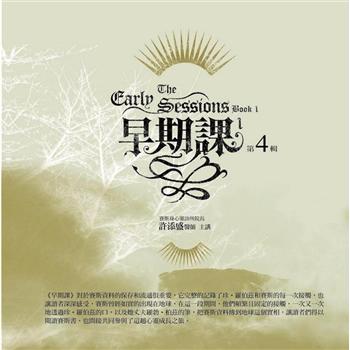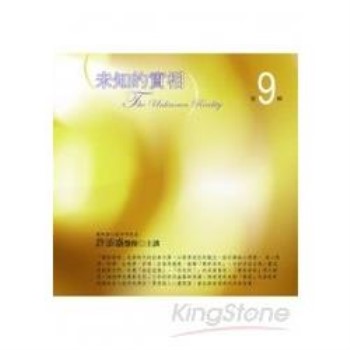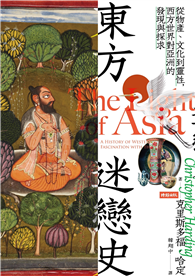This book challenges monoglossic ideologies, traditional language pedagogies and dominant forms of knowledge construction by foregrounding multilingual and multicultural students’ language narratives, repertoires, and identities. The research is based on a sixteen-year longitudinal study of a sociolinguistics course at an English language university and the language narratives produced by the first-year education students. The study was borne out of a need to create a critically inclusive course that would engage a cohort of students from socially and linguistically diverse backgrounds in contemporary South Africa. Drawing on data from over 5,000 students who have journeyed through this course, this book shows how a narrative heteroglossic pedagogy harnesses students’ multilingual strengths. A close analysis reveals complex identity work by students located in the Global South. The authors argue that decolonising language education is about reconceptualising language, reconfiguring what knowledges are valued in the classroom, and reshaping pedagogy.
| FindBook |
有 1 項符合
Language Narratives and Shifting Multilingual Pedagogies: English Teaching from the South的圖書 |
 |
Language Narratives and Shifting Multilingual Pedagogies: English Teaching from the South 作者:Mendelowitz 出版社:Bloomsbury Academic 出版日期:2024-07-25 語言:英文 規格:平裝 / 256頁 / 23.39 x 15.6 x 2.54 cm / 普通級/ 初版 |
| 圖書館借閱 |
| 國家圖書館 | 全國圖書書目資訊網 | 國立公共資訊圖書館 | 電子書服務平台 | MetaCat 跨館整合查詢 |
| 臺北市立圖書館 | 新北市立圖書館 | 基隆市公共圖書館 | 桃園市立圖書館 | 新竹縣公共圖書館 |
| 苗栗縣立圖書館 | 臺中市立圖書館 | 彰化縣公共圖書館 | 南投縣文化局 | 雲林縣公共圖書館 |
| 嘉義縣圖書館 | 臺南市立圖書館 | 高雄市立圖書館 | 屏東縣公共圖書館 | 宜蘭縣公共圖書館 |
| 花蓮縣文化局 | 臺東縣文化處 |
|
|
圖書介紹 - 資料來源:博客來 評分:
圖書名稱:Language Narratives and Shifting Multilingual Pedagogies: English Teaching from the South
內容簡介
作者簡介
Belinda Mendelowitz is Senior Lecturer in Languages, Literacies & Literatures at the School of Education at the University of the Witwatersrand, South Africa.
Ana Ferreira is Senior Lecturer in Languages, Literacies & Literatures at the School of Education of the University of the Witwatersrand, South Africa. Kerryn Dixon is Associate Professor in the School of Education at the University of Nottingham, UK.
|










